|
Due to devastating environmental factors North Cotabato declared their province under a state of calamity on January 20, 2016. This took place while Cabanatuan City, Zamboanga City and Oriental Mindoro had declared their state of calamity earlier.
There was no rice and there was no food.
Thousands of North Cotabato peasants marched to the capital at Kidapawan City at the end of the month of March to push for the release of the calamity funds from the provincial government. The farmer protesters were members of the national confederation of farmers organizations in the Philippines known as the Kilusang Magbubukid ng Pilipinas (KMP; Movement of Peasants in the Philippines).
At the third day of protest (April 1 2016), a composite team of police and military forces sprayed bullets to the protesting farmers that immediately killed two and wounded a hundred others of the poor and hungry farmers.
The protest was violently dispersed thereafter.
While only a count of two deaths were reported, many were injured and 70 protesting citizens were illegally detained. Trumped up charges on assault against the police were charged against the 70 that included pregnant women and senior citizens as old as 78 years. They were eventually release on bail at P12,000.00.
The detained farmers appealed to lower bail at P2,000.00. They got their appeal approved at P6,000.00. However, because these are poor and hungry farmers facing economic hardship, the problem remains to be how to raise the amount needed by them to pay their bail money. To resolve the issue, friends and various sympathetic organizations raised the amount to pay bail.
When the exact amount was raised, another issue was raised by authorities. This time about authorities demanded identification documents from the poor farmers who do not have identification cards, including PhilHealth cards and other documents necessary to comply with the government requirements for release order, because they cannot afford the costs that are demanded by officials for these IDs.
None of this is new to the Philippines, and so the fight of the farmers in North Cotabato and elsewhere continues.
Prof. Phoebe Sanchez is a sociologist, professor, and life-long community activists in the Philippines.
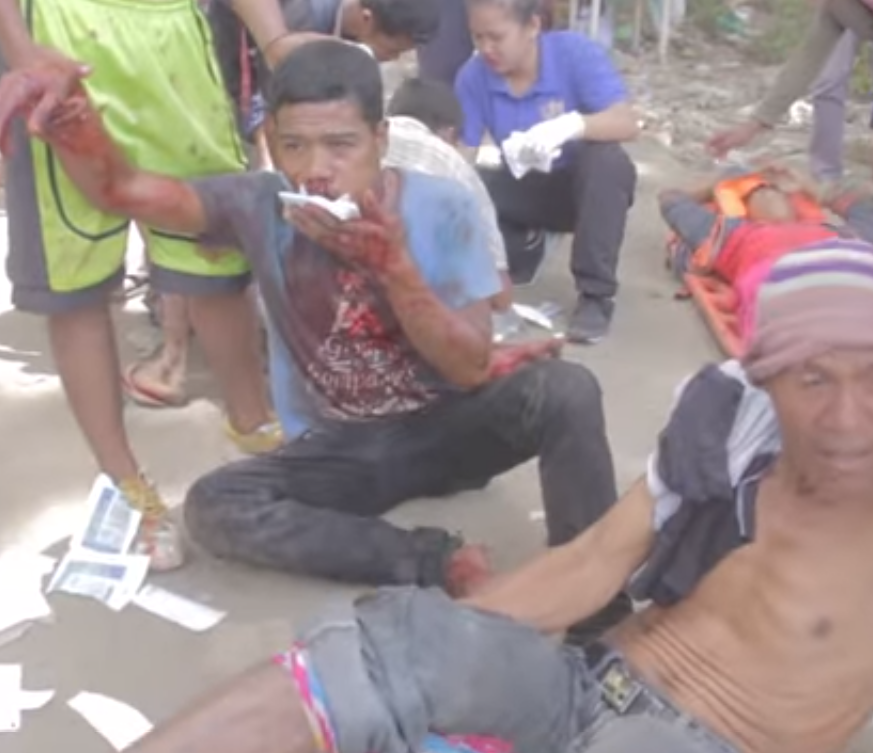
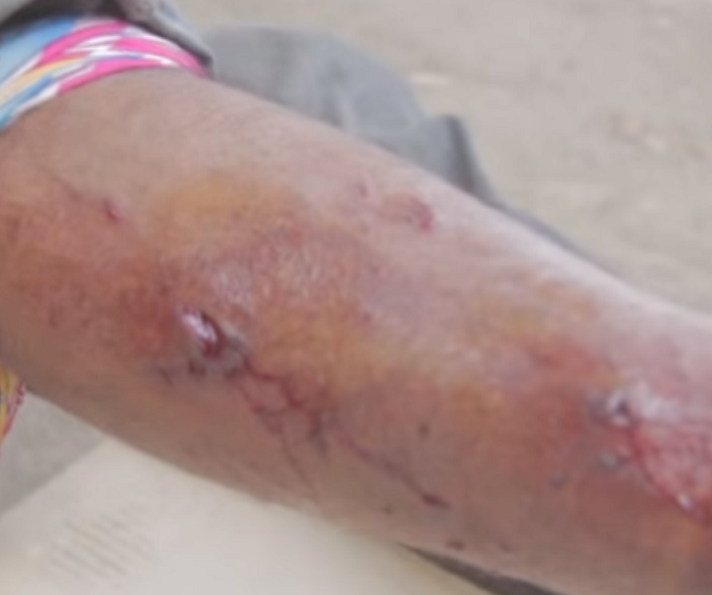
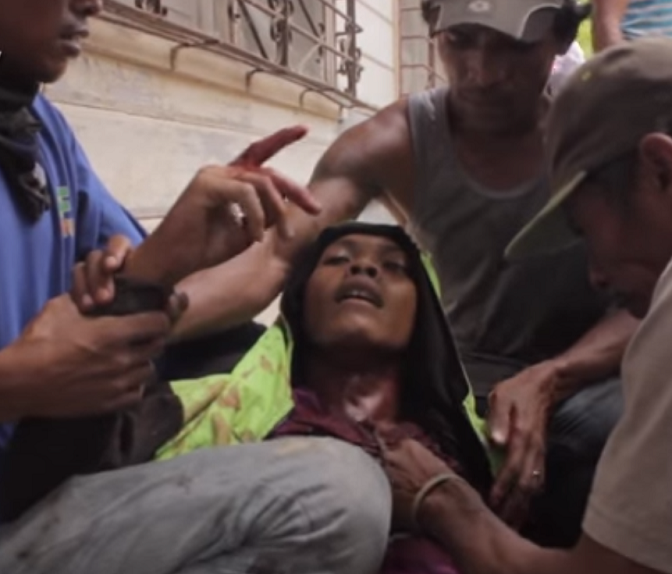
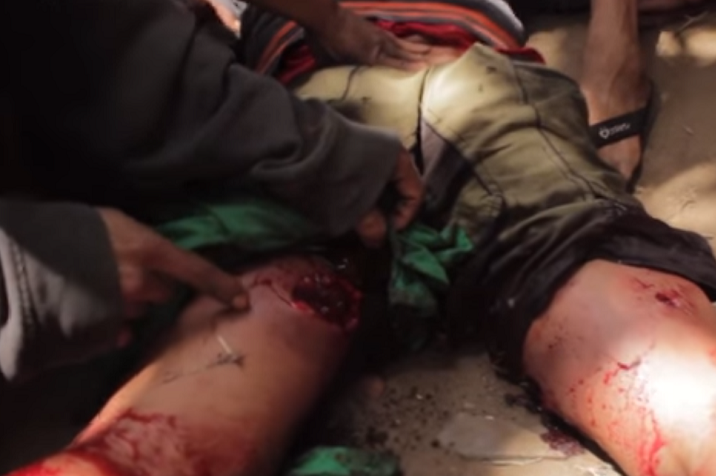
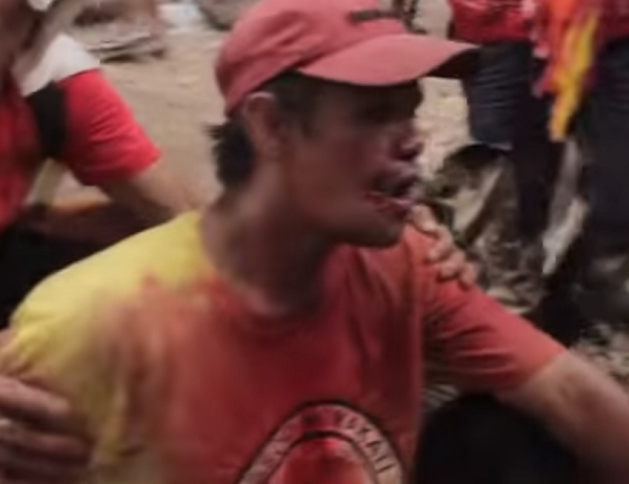
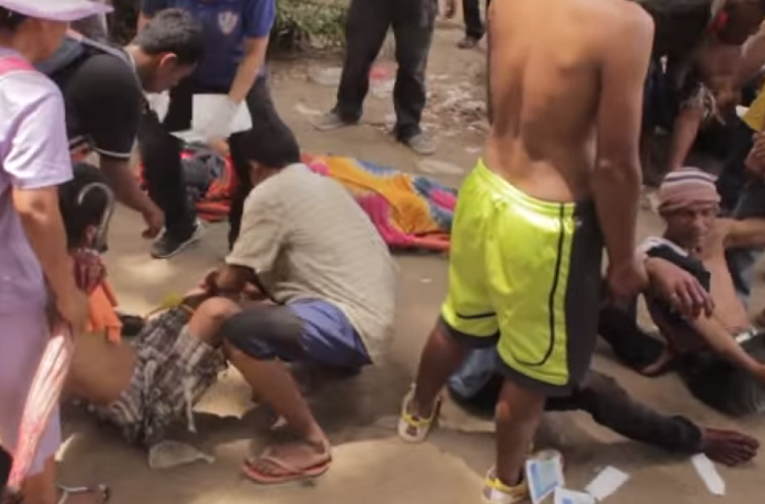

Related
|